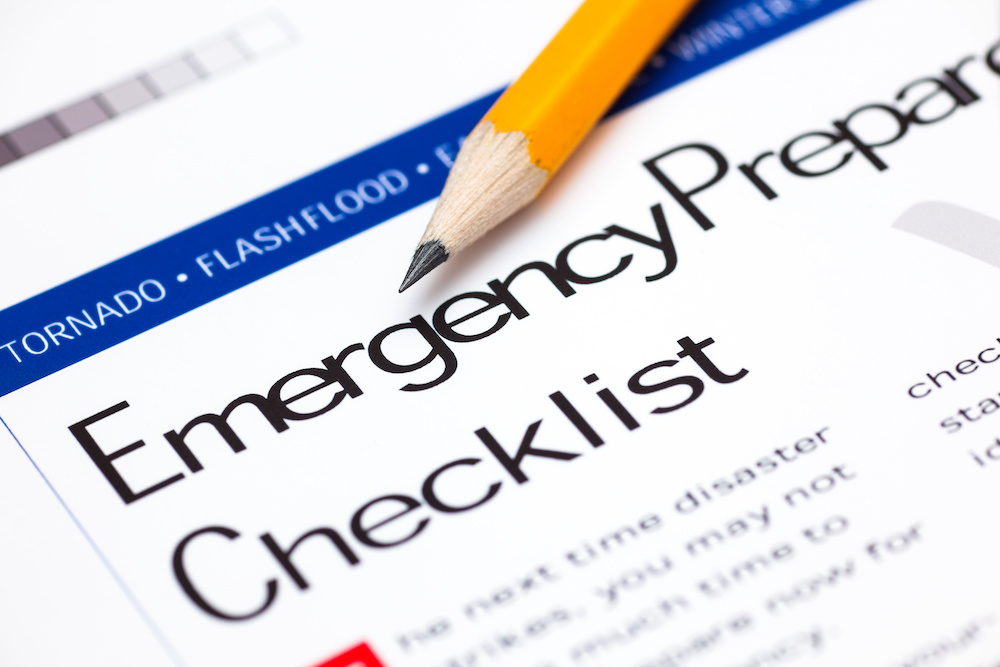Published on: July 9, 2019

A deluge of recent disasters, from hurricanes to wildfires, has reinforced the notion that they can strike at any time without warning. And while a disaster can be detrimental to anyone, they can be especially dangerous for people with disabilities, who may not be able to act quickly or have the ability to “hunker down” for long stretches of time; visual, hearing, and mental impairment can further complicate things in an emergency situation. Because of this, the federal government will now be required to do more to consider the needs of people with disabilities when disasters strike under a new law put into effect last week.
Disaster Planning for People With Disabilities Law
The Pandemic and All-Hazards Preparedness and Advancing Innovation Act calls for the creation of a national advisory committee specifically focused on disaster planning for those with disabilities. The committee, to be comprised of government officials, health care professionals, and people with disabilities, will be responsible for reviewing federal policies and making recommendations to help ensure that the specific needs of people with disabilities are properly factored into disaster planning scenarios.
“No American should ever feel like they might be left behind or forgotten when disaster strikes,” said U.S. Rep. Jim Langevin, D-R.I., who proposed the advisory panel and who himself became a quadripilegic at age 16 following a shooting. “By including people with disabilities as advisors during disaster planning and policy development, this bill ensures that the unique needs of this vulnerable community will be included.”
Factors That Led to the Creation of the New Law
The creation of the National Advisory Committee on Individuals with Disabilities and Disasters was long coming, but it came to a head following a number of recent reports that exposed flaws in the U.S. disaster preparedness for people with disabilities.
One such report revealed that people with disabilities and individuals over age 65 “faced particular challenges evacuating to safe shelter, accessing medicine and obtaining recovery assistance” during the 2017 hurricane season, in which Hurricanes Harvey, Irma, and Maria pummeled the country. For example, officials said that many of these individuals with disabilities required specialized assistance obtaining food, water, medicine, and oxygen, but aid was sometimes difficult to find. Officials in Puerto Rico and the U.S. Virgin Islands cited particular difficulties providing assistance because of damaged roads and communication systems, as well as a lack of documentation of nursing home locations.
In addition, another report out last month from the National Council on Disability (NCD) found that people with disabilities are often unnecessarily institutionalized during and after disasters because of conflicting federal guidance and inadequate access to services. The report examines the factors that lead to these unfortunate situations, and provides recommendations on how to eliminate improper institutionalization of people with disabilities, with recommendations on how to improve community readiness to assist in times of crisis.
Always Be Prepared For the Worst
While disaster situations will likely always be more difficult for people with disabilities, this new law and the new National Advisory Committee on Individuals with Disabilities and Disasters are poised to make much-needed improvements. In the meantime, it’s always prudent to plan ahead. Check out our recent story, Emergency Preparedness for People With Disabilities, and as always, if you have questions about your disability or your right to disability benefits, you can count on the caring professionals at Disability Experts of Florida.
